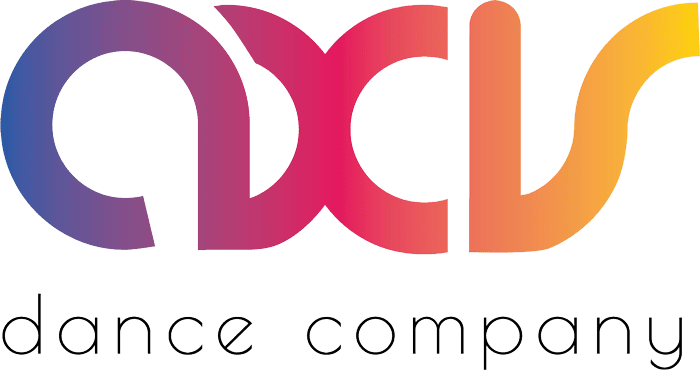AXIS: AXIS Dance Company pledges to work towards full accessibility for all disabled, D/deaf and neurodiverse people in all of our programs and services. In our in-person and online performances, classes, and events, our goal is to always center access from the ground up instead of adding accommodations as an afterthought. We will always be working towards achieving full accessibility; there is no ‘perfect’ way to provide access for all, and we always have more to learn.
Dance/USA Deaf & Disability Affinity Group: We work in different communities with different resources. We have different sorts of practices and different aesthetics and politics. We use different languages based on our own community and situations, but we believe everyone in this room intends to be respectful during the session. We seek to create an environment where people can speak freely without feeling worried that they will inadvertently offend someone else. By the way they speak about physically integrated dance, disability, or any other potentially sensitive topic, we would rather you speak freely than fear you will use the wrong language.
UCLA Dancing Disability Lab: The Lab continues its commitment to support the growth of artistic community amongst dance artists with disabilities, advocating for aesthetic perspectives informed by diverse corporeal experience. The Lab continues with a participant-leadership structure. The focus will be on sharing artistic practice, prompts for group movement and individual exploration, and topics for discussion, generated by artist participants. Seeking to align disability justice with creative practice, the Lab is committed to the project of providing an anti-racist, anti-ableist, non-binary, anti-ageist, environment for all, and to build a diverse cohort of artist-participants.
MOMENTA: We employ disabled staff members, dancers, choreographers and artistic collaborators, like costume designers, sound designers and musicians. Not only are we staging physically integrated works that include wheelchair dancers, or dancers with invisible disabilities, we host classes, workshops and performances that are inclusive and provide artistic opportunities or experiences for people with all types of disabilities, including individuals who are neurodivergent, or have intellectual disabilities.
Candoco (UK): Bridging the mainstream and the experimental, our bold approach and powerful collaborations create distinctive performances and far-reaching learning experiences. We celebrate different ways of seeing, of being and of making art, putting us at the forefront of conversation around dance and disability.
Light Sound Friends (South Korea): Through arts and cultural activities, people with disabilities and non-disabled people share joy together, creating a world Free of prejudice and discrimination against disabilities. The Friends of Light Sori aims to provide ongoing support programs and education for people with artistic talents and disabilities to develop their competencies and develop them more effectively. In addition, we will continue social activities to create a cultural welfare society without discrimination so that artists with disabilities can continue their activities.
Stopgap Dance Company (UK): Our mission is to create an inclusive world where diversity is not just accepted but pursued, a world where no one is limited by prejudice against Deaf, Disabled, or neurodivergent people. Working with an artform shaped by human touch and energised by the spark of connectivity, our work demonstrates the compelling power of diversity and inclusivity. We move together to create a remarkable experience that transforms society’s perceptions of difference and dismantles the inequity of privilege, in dance and all aspects of living, collaborating, and creating together as humans.
